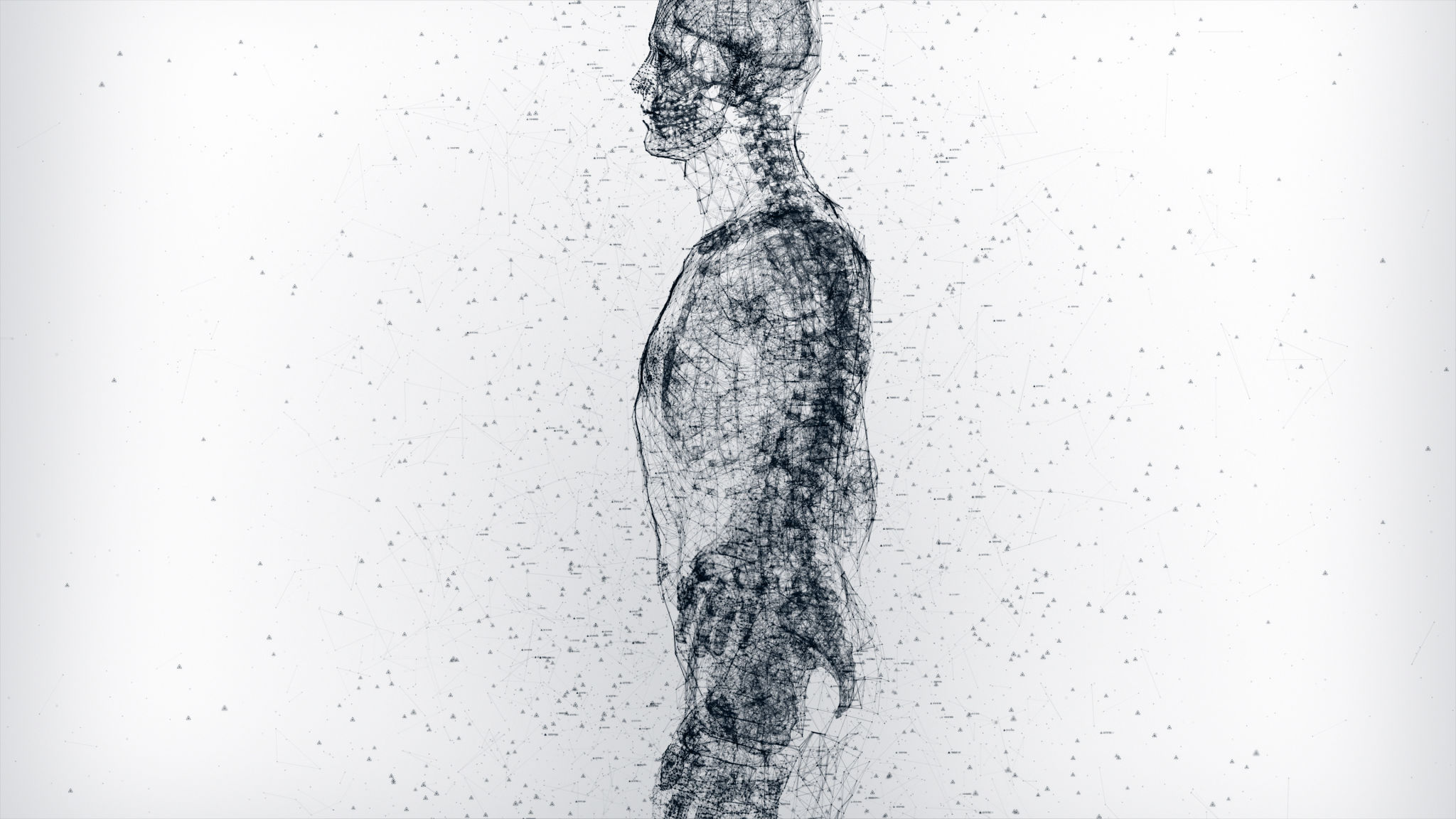Exploring Epigenetics in Complex PTSD Recovery
Understanding Epigenetics
Epigenetics is an emerging field that studies how external factors can influence gene expression without altering the DNA sequence. This science has opened new avenues for understanding complex conditions like PTSD, offering insights into how trauma can impact genetic activity and potentially be reversed.
In the context of complex PTSD, epigenetics examines how traumatic experiences can leave lasting marks on a person's genetic material, affecting how genes are turned on or off. This understanding is crucial in developing new therapeutic strategies that could alleviate symptoms by targeting these epigenetic changes.

The Role of Epigenetics in PTSD
Complex PTSD, a condition resulting from prolonged trauma, can have a profound impact on an individual's mental and physical health. Epigenetics provides a framework for understanding these effects at a molecular level. Research suggests that trauma can modify the expression of genes involved in stress response, immune function, and emotional regulation.
One of the key findings is that epigenetic changes might contribute to the persistence of PTSD symptoms long after the traumatic events have ended. Identifying these modifications allows researchers to explore potential interventions that could reverse these changes and aid in recovery.
Potential Therapeutic Approaches
Current therapeutic approaches for complex PTSD often include psychotherapy and medication. However, with the advancements in epigenetics, new possibilities are emerging:
- Epigenetic Supplements: These are compounds designed to target specific epigenetic mechanisms, potentially reversing the harmful effects of trauma at a genetic level.
- Gene Therapy: By modifying gene expression, gene therapy offers a promising avenue for addressing the underlying causes of PTSD symptoms.

Lifestyle and Environmental Factors
Lifestyle and environmental factors play a significant role in epigenetic changes. Practices such as mindfulness, regular exercise, and a balanced diet can influence gene expression positively, promoting resilience and recovery in PTSD patients.
Engaging in stress-reducing activities has been shown to mitigate some of the negative epigenetic impacts of trauma. This highlights the importance of a holistic approach to recovery that encompasses both therapeutic interventions and lifestyle modifications.
The Future of Epigenetics in PTSD Recovery
The exploration of epigenetics in PTSD recovery is still in its early stages, but the potential is vast. As researchers continue to unravel the complex relationship between trauma and gene expression, more targeted and effective treatments are likely to emerge.
Conclusion
The integration of epigenetic research into clinical practices could revolutionize how PTSD is treated, offering hope for those who suffer from this debilitating condition. With continued research and collaboration among scientists, therapists, and healthcare providers, the future looks promising for those seeking recovery from complex PTSD.

